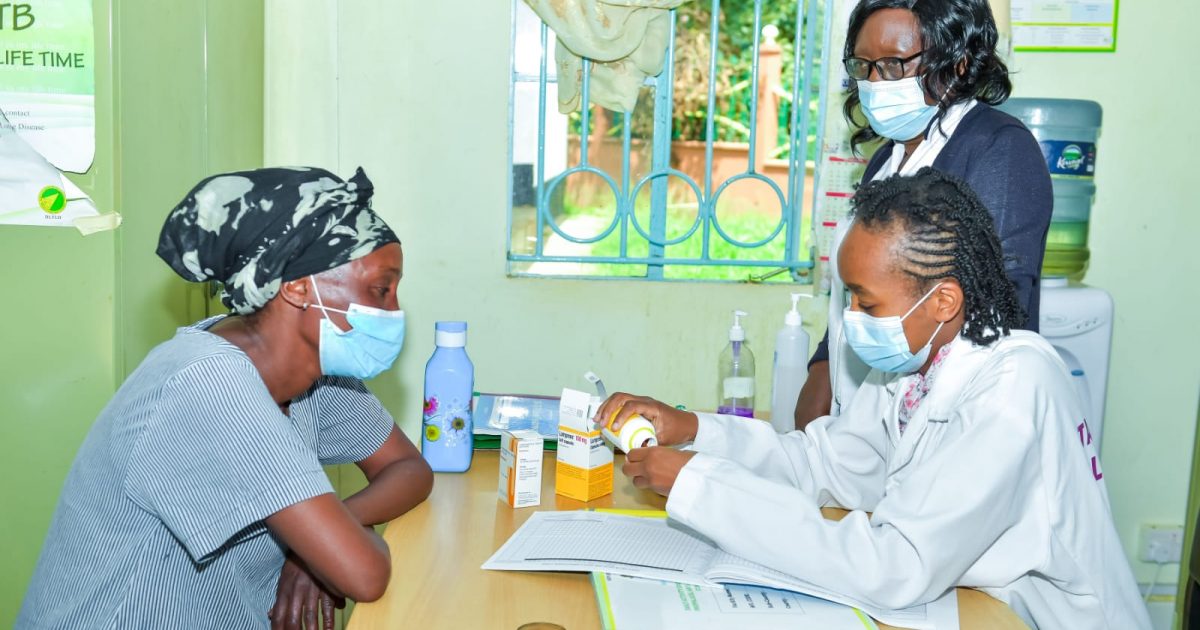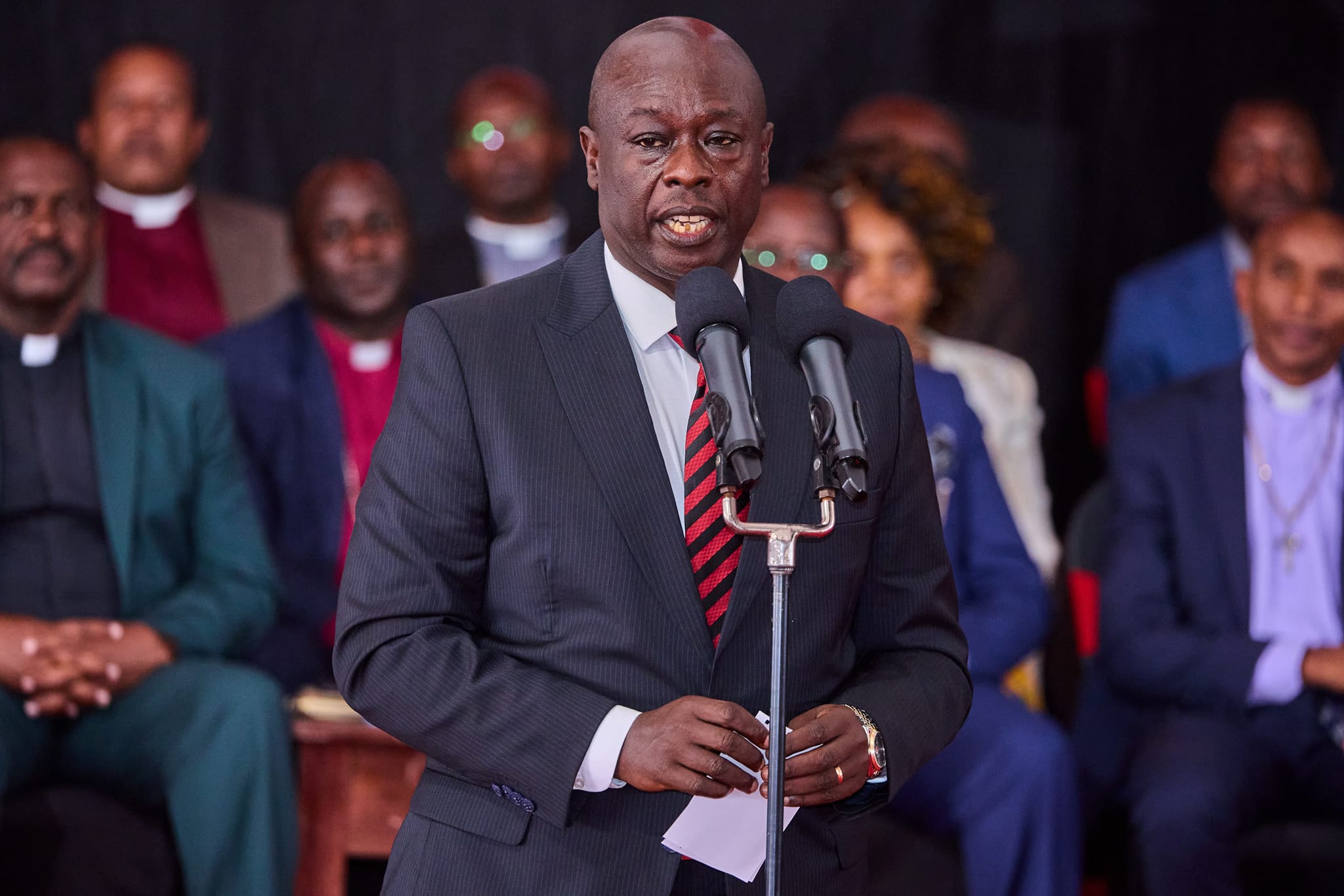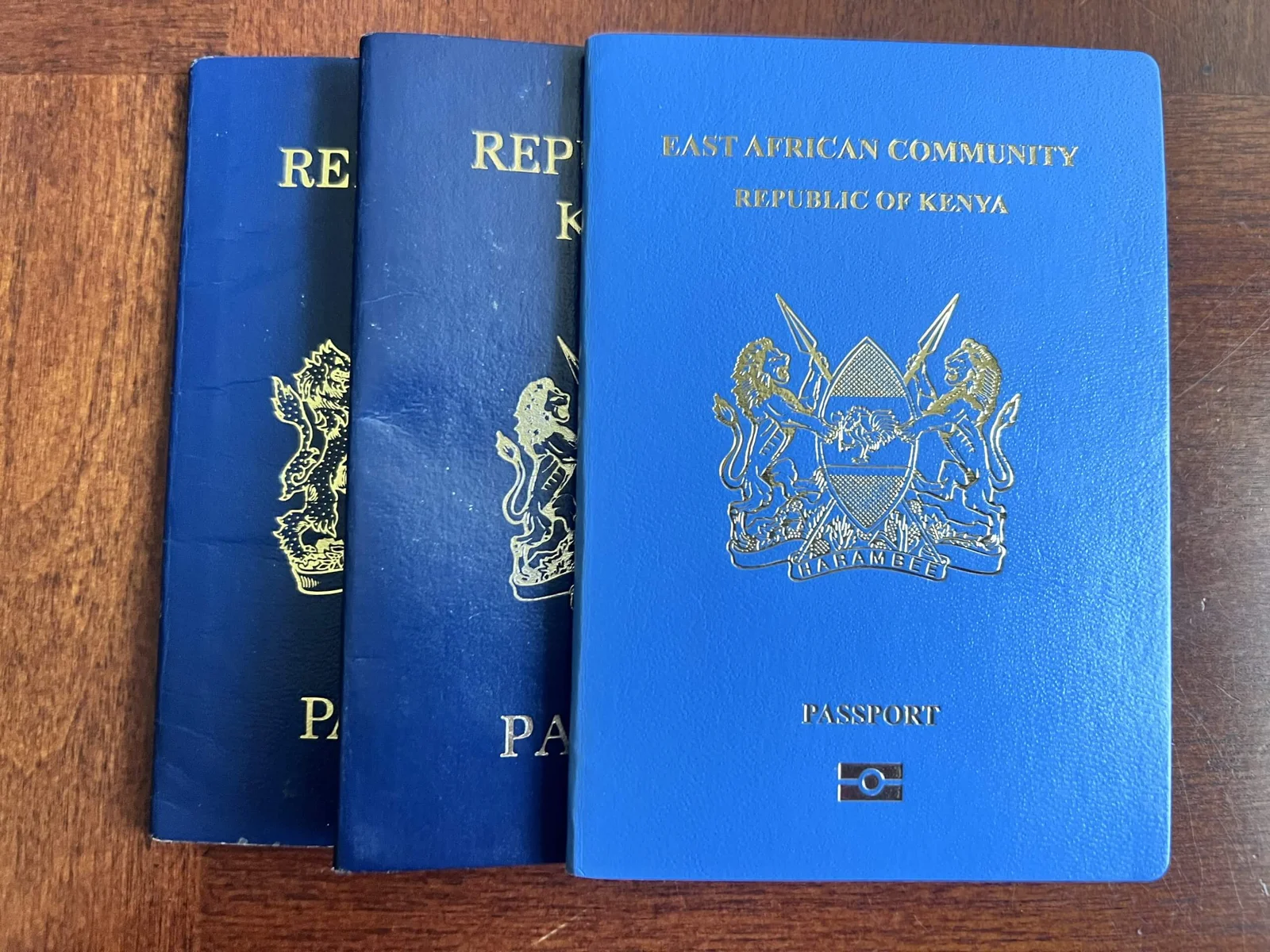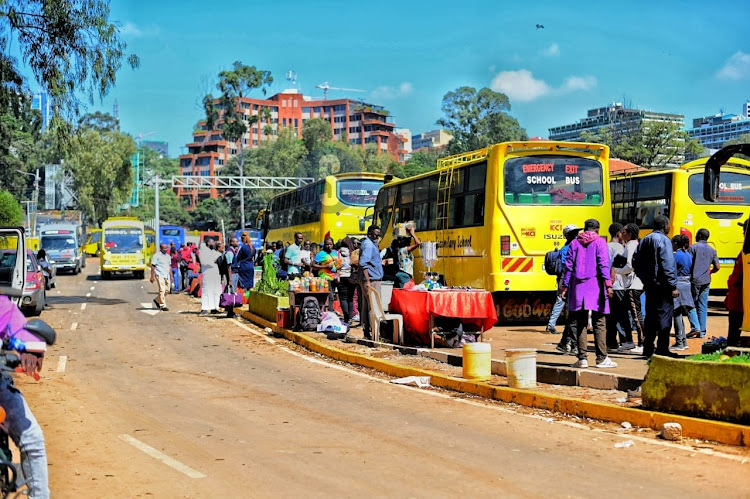
The Government has initiated a program to enroll over 400,000 HIV-positive individuals in a tuberculosis prevention project, positioning it as the world’s second-largest endeavor of its kind.
The Ministry of Health revealed the critical role of this program in combating the heightened risk of TB among people living with HIV due to compromised immune systems.
Health Principal Secretary Mary Muthoni emphasized the importance of Isoniazid Prevention Therapy, a regimen involving two pills weekly for six months, in reducing TB incidence. She stated, “Tuberculosis remains a significant public health challenge in Kenya, impacting families and communities profoundly.”
The program’s introduction of a short-course preventative treatment, featuring rifapentine and isoniazid, aims to bolster TB prevention efforts in Kenya and other participating countries. Notably, the initiative prioritizes child-friendly TB medicines to enhance treatment adherence and reduce mortality among children.
John Kuehnle, Usaid Health, Population, and Nutrition director, urged Kenya to adopt innovative tools like digital chest x-rays and molecular diagnostic tests for enhanced TB screening and treatment outcomes.
By leveraging expertise and data-driven strategies, Kenya aligns itself with the global goal of eliminating TB by 2030, showcasing a steadfast commitment to public health advancement.






